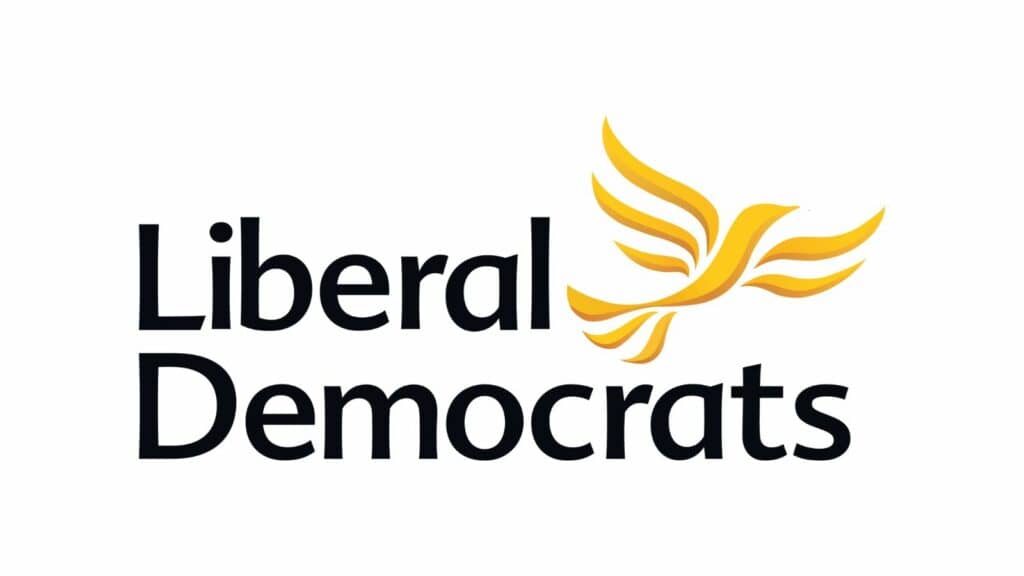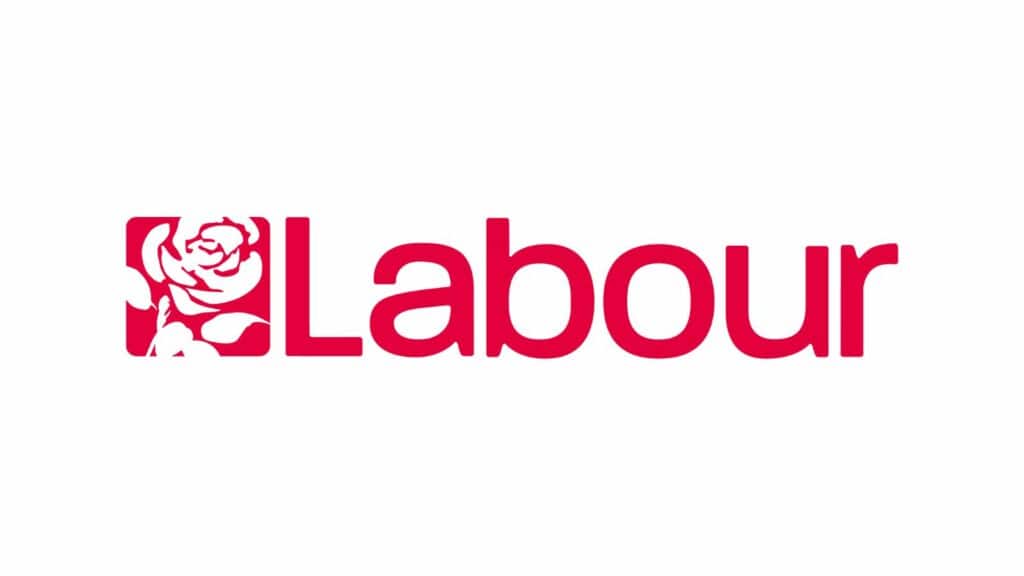Plans to support research and innovation
The Conservative Party is pledging to increase public spending on R&D to £22 billion a year, up from £20 billion this year. This is in keeping with their previous commitment in the March 2020 Budget that set out plans to increase public R&D spending to £22 billion per year by 2024/25, which was subsequently pushed back to 2026/27 in the Autumn Budget and Spending Review 2021. It is positive to see the party reaffirm their commitment to continue to increase R&D investment. Our manifesto calls for continued, long-term government commitment to increase R&D investment.
The manifesto also reaffirms the party’s commitment to increase UK defence spending up to 2.5% of GDP by 2030. They have pledged to accelerate investments in new weapon systems through a new Defence Innovation Agency, and to scale R&D funding to a minimum of 5% of the defence budget, together with an additional 2% to exploit that R&D. What remains unclear is whether this will be at the expense of civilian R&D.
The manifesto pledges to maintain R&D tax reliefs. This is positive given the recent successive policy changes which has led to a lack of clarity and certainty for businesses. Our members have told us that R&D tax credits have played a crucial role in encouraging investment in R&D by UK businesses, and an important reason they have been successful over time is because of their stability and predictability.
Education
The Conservatives have committed to attracting more talented teachers, supporting Further Education and providing lifelong learning opportunities. This includes a pledge for new teachers in priority areas and key STEM and technical subjects to receive bonuses of up to £30,000 tax-free over five years. They have also committed to delivering the Lifelong Learning Entitlement, to enable adults to train, retrain and upskill flexibly throughout their working lives. We have previously argued for greater consideration to be given to diverse education and skills pathways, from technical education and apprenticeships, to upskilling and reskilling in the workplace, to unlock skills for a more R&D led UK. It’s also crucial that high quality STEM education in schools builds science literacy across society so that everyone can benefit from greater research intensity.
The manifesto does not mention any plans to address the financial pressures facing universities. As outlined in our manifesto, the financial sustainability of the university sector, which plays a pivotal role in the research landscape, needs urgent attention.
Immigration
The Conservatives have confirmed their ambition to further reduce migration. The manifesto outlines some of the recent changes to immigration policy, including ending the ability of almost all international students to bring dependants and increasing the salary threshold for Skilled Worker visas by 48% to £38,700. We have expressed concern about these changes which are likely to have direct consequences on recruiting international talent into research roles. CaSE wants to see an immigration and visa system that does not act as a barrier to attracting the most talented researchers to the UK.
Levelling up
The party confirms it will pursue plans for devolution and supporting regions across the UK. It has pledged to continue backing Investment Zones across the country, giving areas £160 million to catalyse local growth and investment. The manifesto also pledges that by 2030 every part of England that wants one will have a devolution deal.
Other 2024 manifesto analysis
We look at what the Liberal Democrat 2024 manifesto could mean for science and engineering.
We look at what all other party manifestos could mean for science and engineering.
We look at what the Labour Party 2024 manifesto could mean for science and engineering.
We look at what the SNP 2024 manifesto could mean for science and engineering.








